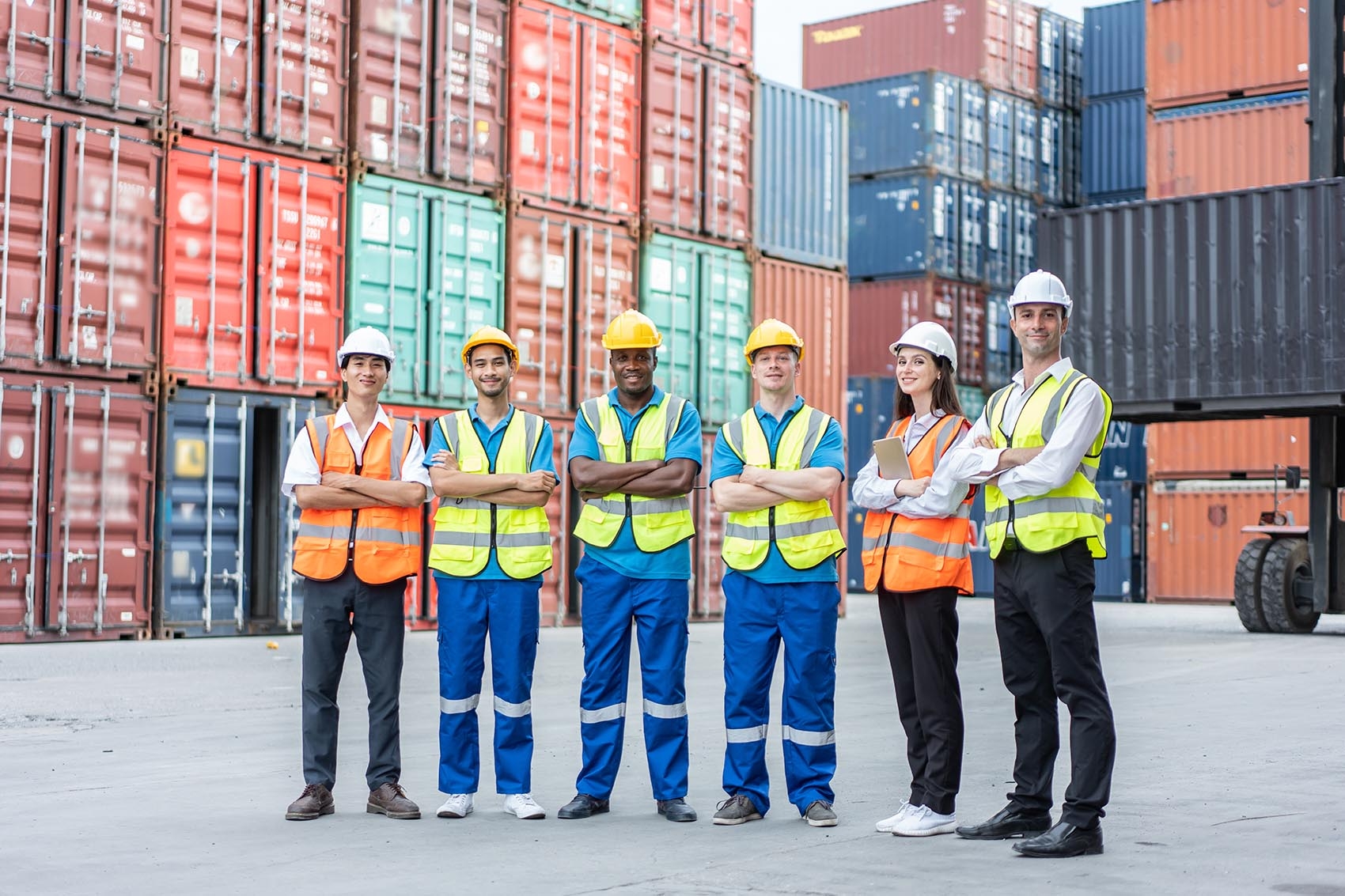Customs Clearance Brisbane: Your Complete Guide for Smooth Importing in Australia

A customs broker Brisbane professionals rely on plays an important role in helping importers understand the requirements involved in moving goods through the Port of Brisbane, but even with expert support available, it’s useful for every importer to understand the customs clearance process themselves. Brisbane is one of Australia’s busiest gateways, and its customs and biosecurity rules are among the strictest in the world. Being well-prepared can help prevent delays, extra costs and compliance issues.
This guide explains how customs clearance works in Brisbane, what documents are required, common challenges importers face and practical steps to ensure a smooth importing process.
Understanding Customs Clearance in Brisbane
Every shipment entering Australia must clear customs before it can be delivered to its final destination. The process involves:
-
Submitting mandatory import documentation
-
Classifying goods under the Australian Customs Tariff
-
Paying duties, GST and applicable fees
-
Meeting all biosecurity requirements
-
Undergoing inspections if requested by authorities
Both the Australian Border Force (ABF) and the Department of Agriculture, Fisheries and Forestry (DAFF) oversee these steps. With Brisbane handling a large volume of imported goods, compliance and accurate paperwork are essential for timely clearance.
Why Brisbane Plays a Major Role in Australian Imports
The Port of Brisbane is a key entry point for goods destined for Queensland, northern NSW and surrounding regions. It handles imports ranging from machinery and construction materials to food products and consumer items.
Because the port operates under strict monitoring and biosecurity checks, even small errors in documentation can lead to shipping delays. Being familiar with Australia’s import regulations helps avoid unexpected storage charges, inspection fees and administrative hold-ups.
Documents Needed for Customs Clearance in Brisbane
Accurate and complete documentation speeds up the customs process significantly. Common requirements include:
-
Commercial Invoice
-
Packing List
-
Bill of Lading or Air Waybill
-
Import Declaration
-
Certificate of Origin (for preferential duty under FTAs)
-
Treatment certificates for goods requiring fumigation or heat treatment
-
Applicable permits for controlled or restricted items
Incorrect, missing or inconsistent documents are among the most frequent causes of customs delays at Brisbane.
Understanding Duties, GST and Other Import Costs
Import-related charges vary depending on:
-
The type and value of the goods
-
The HS code used for tariff classification
-
Whether the goods qualify for reduced duty under a trade agreement
-
Biosecurity inspection requirements
-
Port and terminal handling fees
Planning for these costs before shipping helps importers avoid unexpected expenses when the goods arrive.
The Role of a Customs Broker Explained
A customs broker is licensed to submit import documentation, classify goods and communicate with ABF and DAFF on behalf of importers. While their main role is compliance, they also help ensure documentation is complete and accurate before lodgement.
Common tasks handled by customs brokers include:
Correct Tariff Classification
Ensuring the HS code matches the goods accurately, preventing duty errors or compliance problems.
Electronic Lodgement of Import Declarations
This speeds up the clearance process and reduces paperwork delays.
Biosecurity Guidance
Some goods require quarantine checks, permits or treatment certificates, and brokers help ensure these requirements are met.
Documentation Accuracy
Well-prepared documents reduce the risk of issues such as incorrect product descriptions or missing information.
Importers can technically manage the process themselves, but Australian customs rules can be complex, especially for new importers or specialised goods, which is why many rely on licensed brokers.
Common Reasons for Delays in Brisbane Customs
Typical causes of hold-ups include:
-
Inaccurate product descriptions
-
Missing import permits
-
Incorrect tariff codes
-
Non-compliant packaging or contamination
-
Missing fumigation or treatment certificates
-
Random inspections by ABF or DAFF
Understanding these risks beforehand helps importers prepare more effectively.
Tips for Smooth Customs Clearance in Brisbane
To minimise delays:
-
Check all documents before goods leave the supplier
-
Provide clear, detailed product descriptions
-
Confirm whether your goods fall under restricted categories
-
Ensure pallets and packaging meet AQIS/DAFF biosecurity requirements
-
Maintain communication with your freight forwarder
-
Prepare for possible inspections if importing high-risk items
Being organised from the start helps avoid last-minute issues once the shipment reaches the Brisbane port.
Conclusion
Whether you handle imports independently or work with a customs broker Brisbane, understanding how customs clearance works is essential for smooth importing. Accurate documentation, awareness of biosecurity rules and proper tariff classification can significantly reduce delays and extra costs. With careful preparation, most shipments pass through Brisbane customs efficiently and reach their final destination without complications.
- Questions and Answers
- Opinion
- Motivational and Inspiring Story
- Technology
- Live and Let live
- Focus
- Geopolitics
- Military-Arms/Equipment
- Segurança
- Economy
- Beasts of Nations
- Machine Tools-The “Mother Industry”
- Art
- Causes
- Crafts
- Dance
- Drinks
- Film/Movie
- Fitness
- Food
- Jogos
- Gardening
- Health
- Início
- Literature
- Music
- Networking
- Outro
- Party
- Religion
- Shopping
- Sports
- Theater
- Health and Wellness
- News
- Culture

